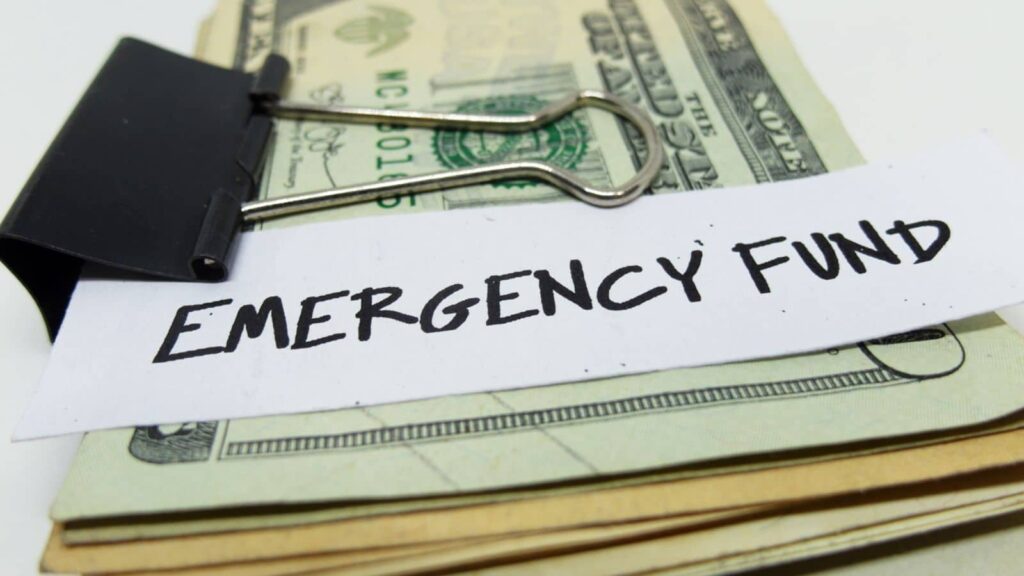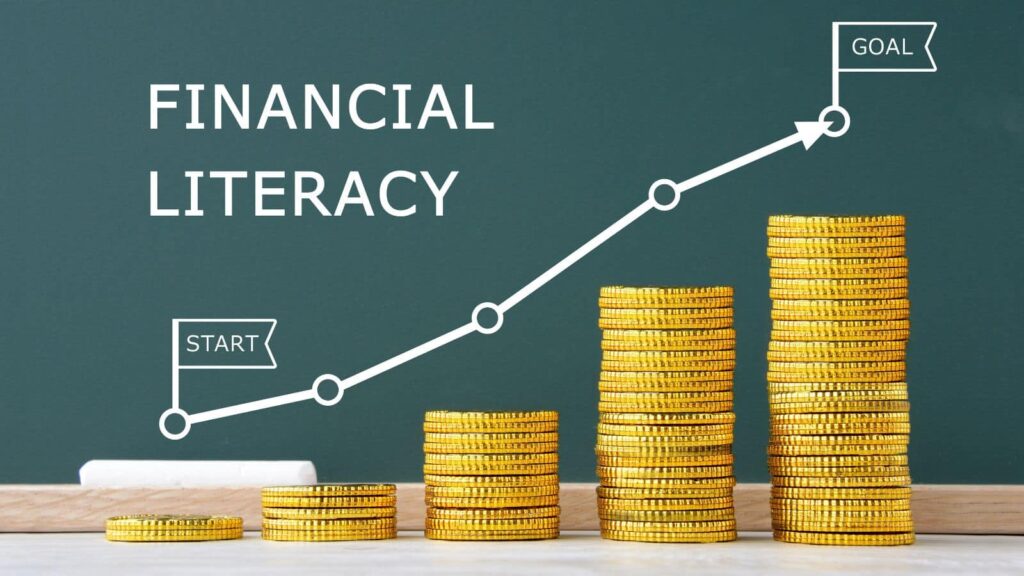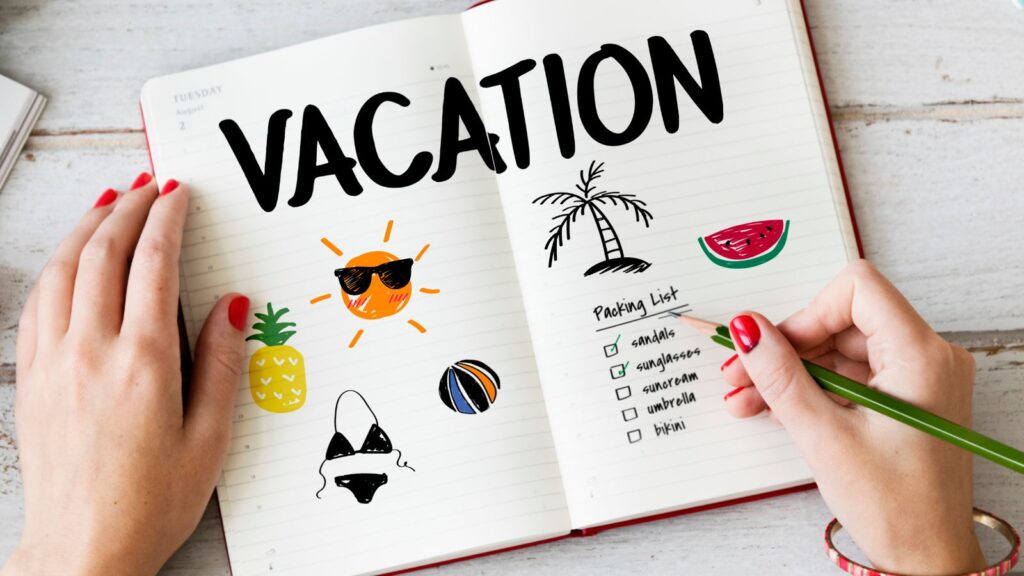It's easy to slip into debt and everyday habits that seem harmless can gradually undermine your financial stability. From routine credit card use to lifestyle inflation, these common behaviors might harm your finances.
The Allure of Credit Card Spending

Credit cards offer convenience but also encourage spending money you might not actually have. With the average household carrying over $6,501 in credit card debt, this convenience can lead to substantial financial burdens. Instead of relying on credit for everyday purchases, try using cash or a debit card to keep track of your spending and stay within budget.
Ignoring Budget Basics

Nearly one-third of Americans operate without a budget, which leads to spending more than you earn. By tracking your monthly expenses, you can identify areas where you're overspending. Start by categorizing your spending and setting limits for each category. Regular budget reviews can help you adjust as your financial situation or goals change.
The High Cost of Daily Luxuries

Little luxuries, while seemingly affordable day-to-day, can accumulate to a large annual total. Americans spend $301 million on coffee and related products every single day. Consider brewing your coffee at home or setting a weekly limit on the number of beverages you buy to reduce this expense. The money saved can be redirected toward paying debts or increasing your savings.
Living Beyond Means

When your lifestyle exceeds your income, debt becomes inevitable. Evaluate your expenses —are luxury items and premium services really needed? Reducing your standard of living may be necessary to realign your spending with your actual income. This might involve downsizing your home or purchasing a less expensive car.
Neglecting Emergency Funds

An emergency fund acts as a financial buffer that can keep you out of high-interest debt in the case of unexpected expenses like medical bills or car repairs. Financial experts recommend saving at least three to six months' worth of expenses in an accessible savings account. Start small if you need to and build this fund over time.
Minimal Savings, Maximum Spending

Increasing your savings rate is a powerful way to reverse the habit of living paycheck to paycheck. Even a small percentage increase in your savings can compound over time into significant amounts. Automate your savings to transfer a portion of your income directly into a savings account, making it easier to accumulate savings without having to think about it each month.
Frequent Dining Out

Regularly eating out can significantly inflate your monthly spending. The average American spends around $2,500 a year on dining out. By preparing meals at home, you not only save money but also gain control over your nutritional intake. Plan your meals weekly, invest in quality groceries, and reserve dining out for special occasions. Your physical and financial health will benefit.
Expensive Housing Choices

Overspending on housing is one of the fastest ways to money trouble. Ensure your housing costs do not exceed 30% of your income. If your current housing arrangement is too expensive, think about more affordable options such as moving to a less expensive area or getting roommates to share costs.
Costly Car Culture

The costs associated with maintaining, insuring, and fueling a car can drain your financial resources, especially if you prefer new or luxury models. Opt for a reliable, fuel-efficient car, and keep up with regular maintenance to avoid costly repairs down the line.
Subscription Overload

From streaming services to fitness memberships, monthly subscriptions add up. Review your bank statements and cancel any subscriptions you don't use regularly. Keeping only the most valuable services can free up funds for more significant financial goals. Missing payments will also affect your credit score, so keep the subscriptions manageable.
Retail Therapy and Impulse Buys

Shopping impulsively can lead to debt. To avoid this, make a shopping list before you go to the store, and stick to it. Wait a day or two before purchasing non-essential items to ensure it's something you really need or truly want.
Lack of Financial Literacy

Improving your financial literacy will help you to manage money wisely. Many community colleges and non-profits offer free or low-cost courses on basic personal finance, including budgeting, investing, and credit management. Use these resources to learn how to manage your money, especially if you've had little experience budgeting for yourself.
Student Loan Mismanagement

Student loans need to be managed carefully to stop them becoming a lifelong burden. Explore all available repayment plans, especially those that base your payments on your income. This can make your payments more manageable and prevent interest from piling up.
High-Interest Loans and Payday Traps

Avoid high-interest payday loans and advances that promise quick cash but at steep costs. These can carry annual interest rates of up to 400%. Look for alternatives such as loans from credit unions or small personal loans from reputable banks. Payday loans can see you stuck in a cycle of endless debt.
Investment Missteps and Risks

While investing can help you grow your wealth, it is important to understand the risks involved. Begin with conservative investments and diversify your portfolio to spread risk. A financial advisor can provide personalized advice based on your financial situation and goals.
The Impact of Medical Expenses

Medical debt is a leading cause of financial distress in the United States. Always review your medical bills for errors, and understand what your insurance covers. Consider adding a supplemental insurance policy if your current coverage is insufficient. You should also see if you are eligible for any government assistance.
Vacation Spending Habits

Americans spend on average $2,843 on vacations each year. To keep vacations from becoming a financial burden, plan and budget for them well in advance. Look for deals, travel in the off-season, and consider shorter, local vacations to reduce costs.
Keeping Up with the Joneses

Comparing yourself to others can lead to spending beyond your means in an effort to keep up appearances. Focus on setting personal financial goals and measure your success by your own standards, not by comparing yourself to others.
30 Traditional Sayings That Are Now Considered Offensive by Woke Culture

30 Traditional Sayings That Are Now Considered Offensive by Woke Culture
21 Habits Often Associated With Having a Lower Social Status

21 Habits Often Associated With Having a Lower Social Status
25 Social Issues Gen Z are Determined to Cancel

